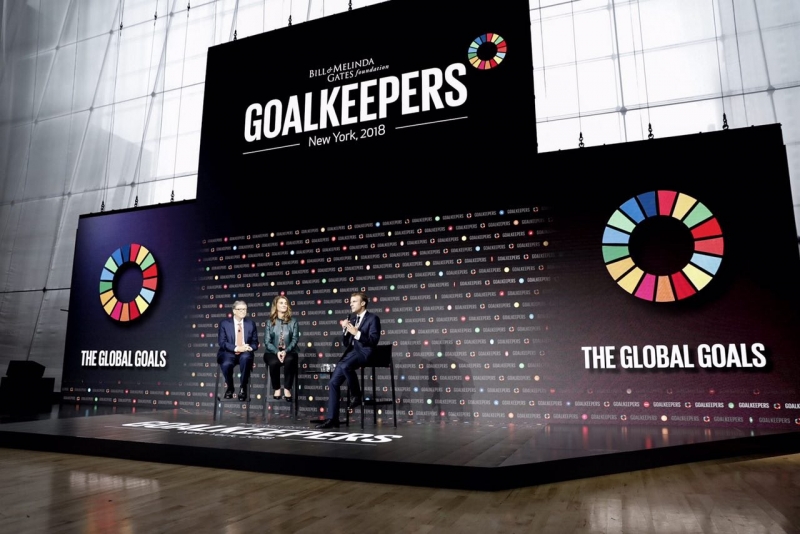MIL OSI-C. Mediterranean Region: Portugal
Following the request of the trade union structures, the meeting of additional negotiation on the question of the recovery of time of service of the teachers was held.
In this context, the Government announced to the trade union organizations the draft decree-law designed for this purpose which allows – for teachers of primary and secondary education whose service time count was frozen between 2011 and 2017 – to recover 2 years, 9 months and 18 days, to be passed on to the stage for which they progress from January 1, 2019.
In spite of the request for further negotiations, it was found once again that trade union structures did not submit any counter-proposal capable of reaching an agreement, as in the course of the negotiating process over the last few months.
However, even without the agreement of the trade union organizations – and without the recovery of time being part of its Program, in which only the commitment to unfreeze careers was registered – the Government will not fail to recognize, through the proposed Decree-Law to approve, the recovery of teaching time, with reference to an integrated vision of the public employment system, in a parallelism with the diversity of careers and the respective remuneration development mechanisms.
It should be recalled that in general careers a standard progression module corresponds to 10 points, which are usually obtained over 10 years, while in the teaching career the standard module is 4 years. Thus, given that the 7-year freeze corresponds to 70% of the module of a general career, 70% of 4 years in the teaching career correspond, similarly, to 2 years, 9 months and 18 days.
It should also be noted that article 18 of the LOE 2018 operated the unfreezing of all careers, and also of the teaching career. This was a commitment assumed and fulfilled, allowing already during the year 2018 the progression of about 46,000 teachers. What is now in question, in compliance with article 19 of LOE 2018 – which referred the consideration of time to process with a view to defining the deadline and the way to achieve it, taking into account the sustainability and compatibility with the available resources, as well as in accordance with the Declaration of Commitment signed on November 18, 2017 – the mitigation of the effects of freezing, in parity with the remaining careers. Negotiating was the compromise and, although without an agreement, the Government will comply, through Decree-Law, with the proposal presented in negocial.Lisboa, 28
EDITOR’S NOTE: This article is a translation. Please accept our apologies should the grammar and / or sentence structure not be perfect.




